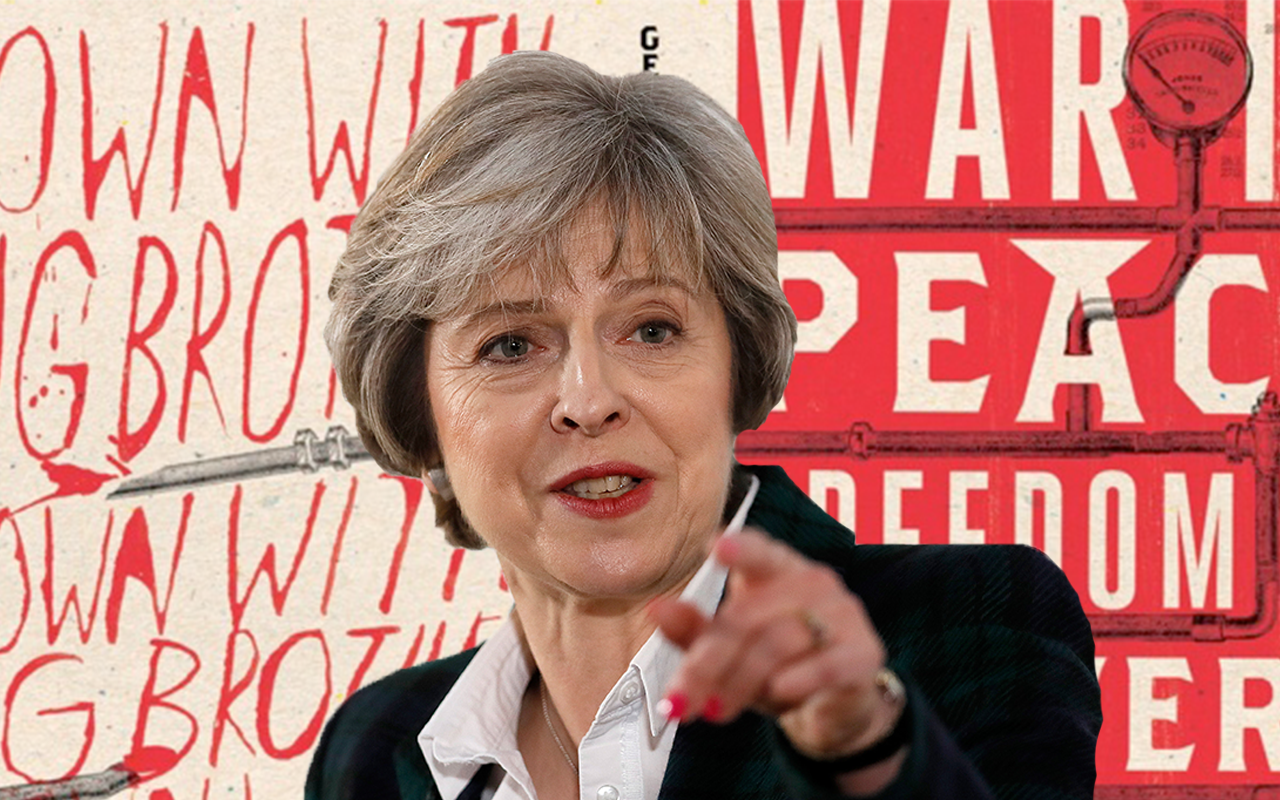
Human beings have a limited capacity to care. If we had to wake up every morning and worry about sweatshops/the environment/human trafficking/homelessness/tax evasion/the cure for cancer/the fact that Stephen Mulhern is considered to be a legitimate television entertainer, then we’d all have crippling anxiety and depression. Or, at least, more of it.
That’s why – mostly – we each choose a couple of things to care about. Some people protest this, others protest that, and almost every cause can find its champions. Every so often, however, something so horrendous happens that we’re all forced to care at once (#KONY2012) and right now, one such thing is taking place.
The United Kingdom is slowly becoming a surveillance state. In November, the Investigatory Powers Act (aka Snoopers’ Charter) passed into law, and last week, the Digital Economy Act joined it. The former has been ruled illegal by the EU’s highest court, and the latter called “inappropriate” and “untrammelled” by a House of Lords committee.
But wait! There’s more! On Friday, a leak by privacy campaigners Open Rights Group showed the government are allegedly drafting laws that would allow live surveillance of Britons’ internet use. All in all, then, some #KONY2012 levels of everyone-should-care are occurring, except, well, no one does.
The Digital Economy Act was first proposed way back in the days of Dave, but was quickly curbed by the coalition. Any outrage felt at the time has slowly died down, with the same true of the Snoopers’ Charter – which The Guardian, at the time, said “passed with barely a whimper”. As such, there are relatively few headlines about UK surveillance measures, and it shows. In June 2016 72 percent of Britons didn’t know anything about the Investigatory Powers Act.
It’s hard, then, to keep up to date with the government’s wacky new surveillance methods – which makes it even harder to care. And yet, we all love Black Mirror, right? And I’m pretty sure 1984 sold at least a few hundred copies. So, with that in mind, here’s a challenge. Can you tell the difference between the plots of dystopian novels and actual UK laws?
What a twist! What a shock! All of that surveillance is a-OK in the UK. Here are some links to find out more about how the Investigatory Powers Act, Part 5 of the Digital Economy Bill, and the UK’s new porn prohibitions are becoming scary fact.






